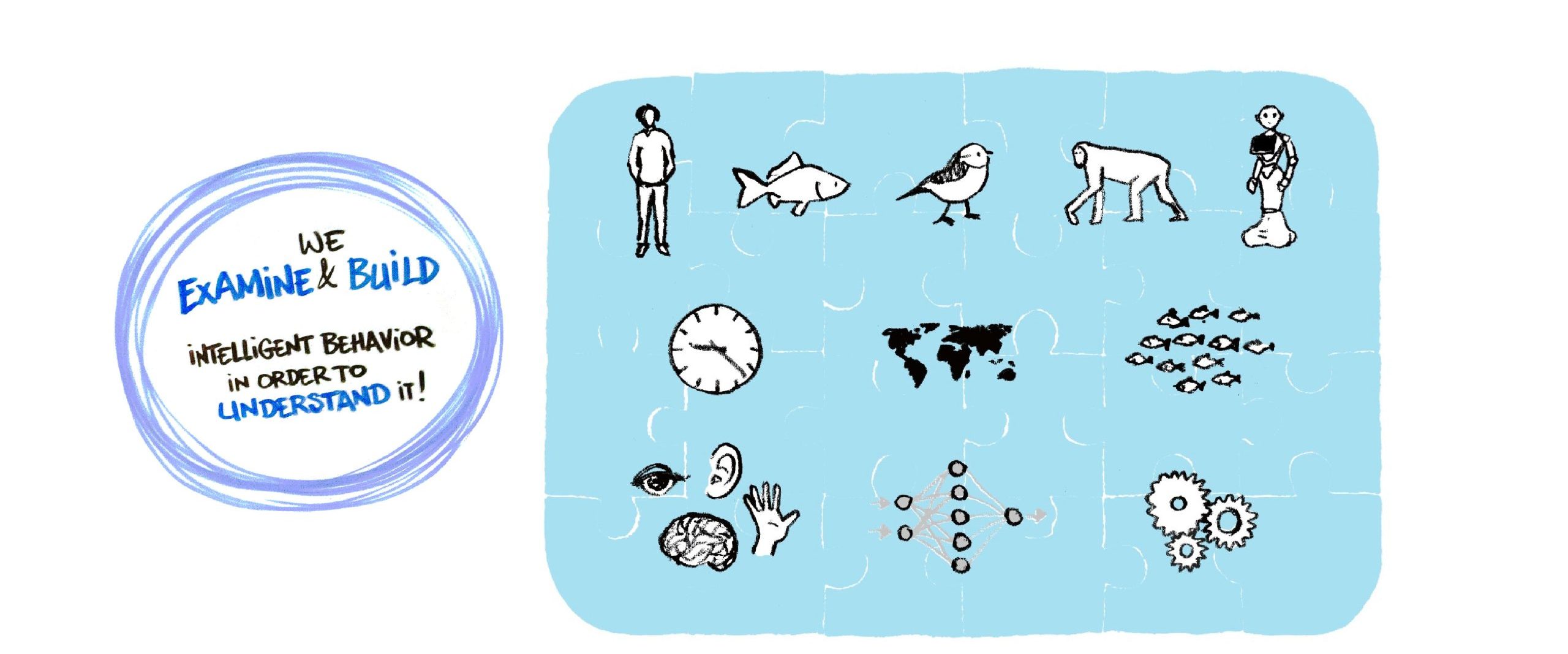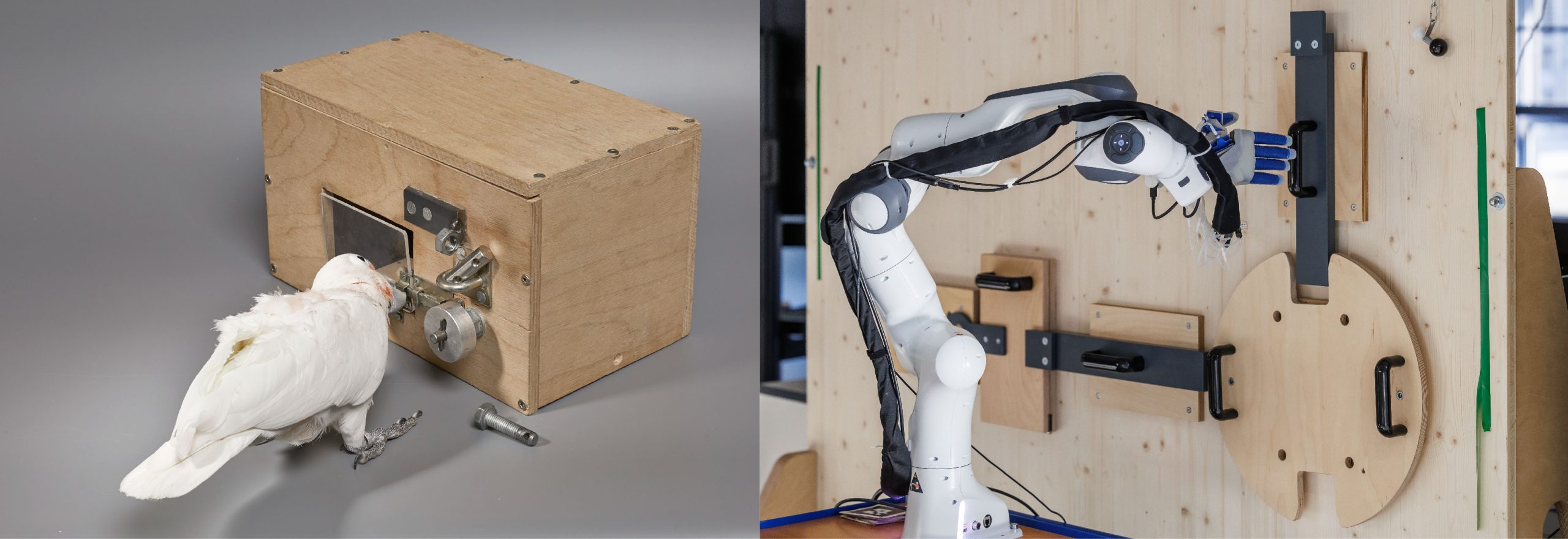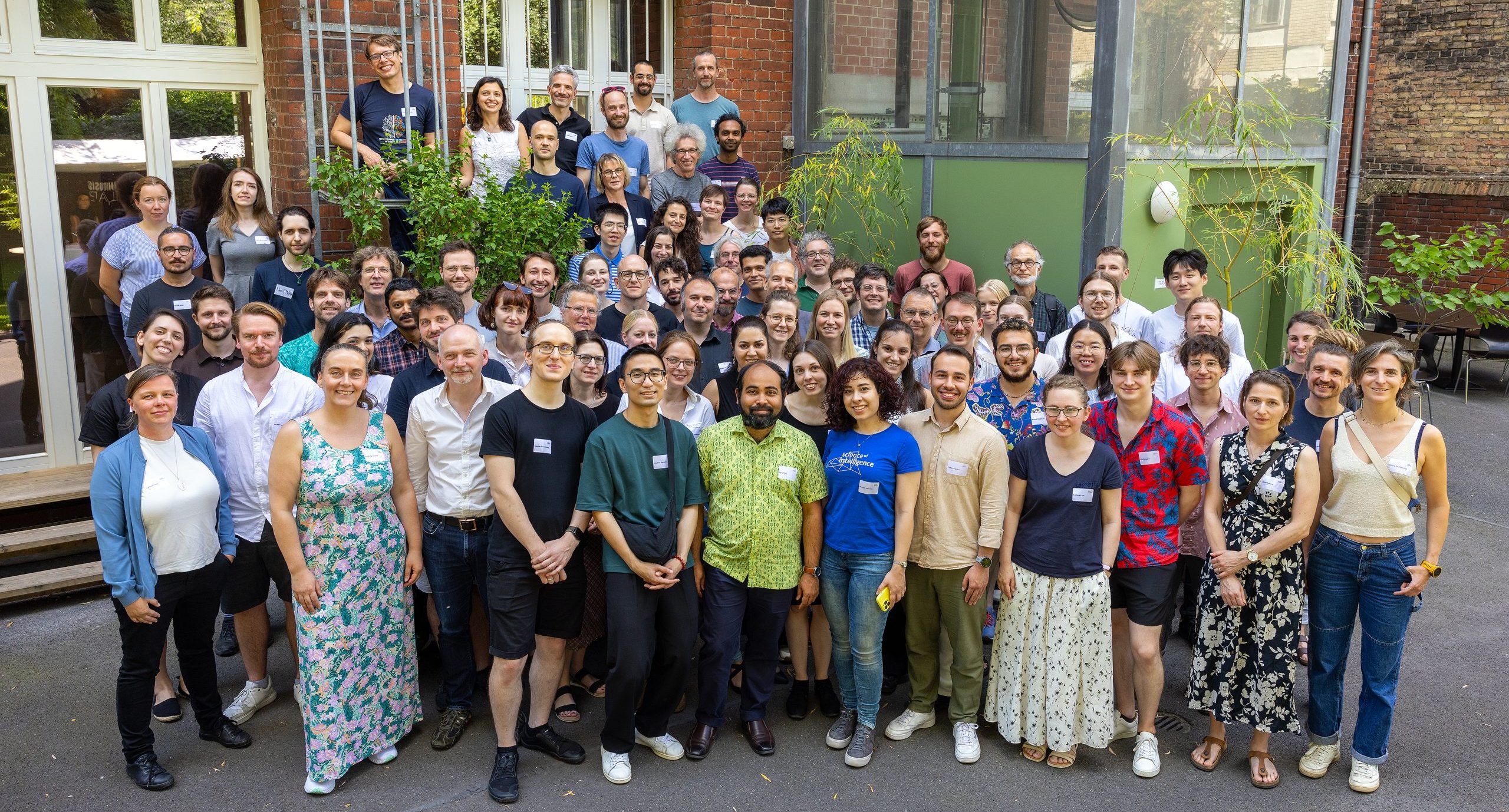SCIoI: Current DFG Cluster funding concludes – Research moves forward
On 22 May 2025, the German Research Foundation (DFG) announced its decision not to extend funding for Science of Intelligence as part of its Excellence Initiative. While the decision is a temporary setback, it underscores a broader truth: transformative research that transcends disciplinary boundaries often challenges established structures. We still look at the future with optimism and strongly believe that what we have achieved together has laid an important base for intelligence research.
What I’ve come to love about SCIoI, after the years in the communications team, is the science itself and the way our findings come into being. The way an idea moves between disciplines and comes back changed. The beautiful complexity of trying to pin down what intelligence is, knowing that the answer will never come from one field alone. Writing about this kind of work has always been a way of thinking with the science, following its turns, its tensions, its breakthroughs. And, in many ways, reshaping how I understand the world.
If this reads like a love letter, that’s because it is. SCIoI is a rare thing: a truly interdisciplinary effort that treats the science of intelligence not as a competition between fields, but as a common pursuit. And over the past few years, we’ve started to see the promise of that approach come to life.
What we set out to accomplish
We set out to understand intelligence—not just artificial or biological, but the deeper principles that make any system, living or synthetic, truly intelligent. We asked: What do a cockatoo, a robot, and a reasoning human being have in common when they act intelligently? And how can we harness those shared principles to build more thoughtful, adaptable, and ethically aware technologies?
That question became the beating heart of Science of Intelligence (SCIoI)—a research initiative in Berlin, funded by the DFG as a Cluster of Excellence. The cluster quickly evolved into a collective act of curiosity, a space where philosophers met engineers, roboticists learned from behavioral biologists, and psychologists built experiments alongside computer scientists.








